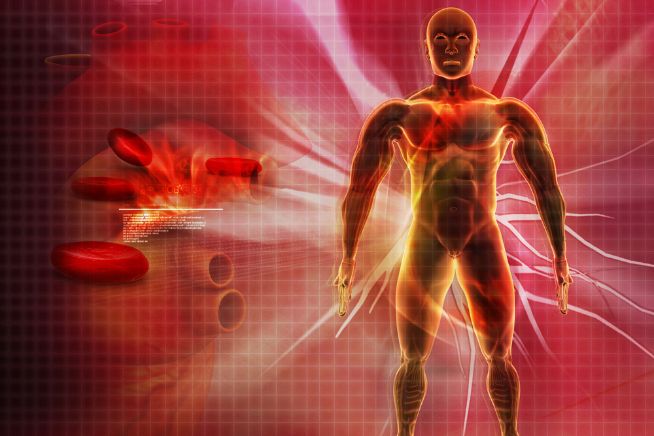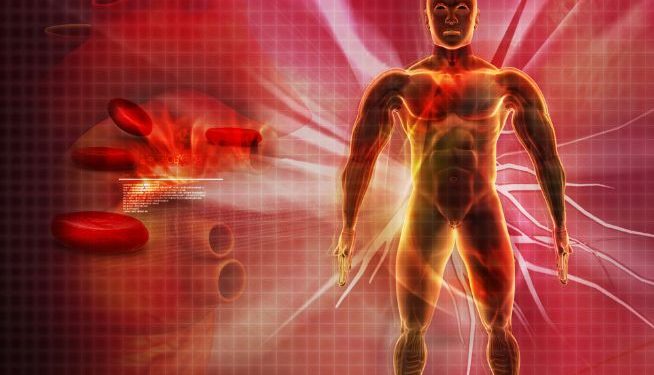Inflammation is the body’s natural reaction to injury and infection. Everyone experiences it at some point in their lives – whether they’re cutting themselves with a knife or having an allergic reaction to a pollen or chemical.
Inflammation has many effects, including pain, swelling, heat and redness. In some cases, it may be a sign of a disease or illness.
There are two types of inflammation: acute and chronic.
Acute inflammation occurs quickly and usually resolves within two weeks or less. In this type of inflammation, your body responds to injury or an infection by producing chemicals that cause blood vessels to dilate and increase the flow of blood to an injured area.
These chemicals, along with other substances called cytokines, also trigger white blood cells to swarm the affected area to begin healing. These inflammatory signals can also stimulate nerves and tissues, causing pain.
The inflammatory response can be caused by anything, from viruses to bacteria and even poisons like toxins. It is often triggered when your body is trying to protect itself, but it can also be a sign of an autoimmune disease.
Fever is one of the most common symptoms of inflammation. Inflammation increases your body’s temperature, which helps to kill off bacteria and other infections.
You can get a fever with inflammation of any kind, but it’s especially common in people with lupus or other chronic inflammatory diseases.
Your doctor can identify inflammation by taking a complete medical history and doing a physical examination. They can also order bloodwork and imaging studies to help them find the source of your symptoms.

The best way to treat acute inflammation is with nonsteroidal anti-inflammatory drugs (NSAIDs), such as aspirin and ibuprofen. You can get these medications over-the-counter or with a prescription from your healthcare provider.
If your NSAIDs aren’t helping, your healthcare provider may recommend corticosteroids. These are commonly prescribed for short periods and come in pill or injection form.
Other treatments for acute inflammation include acupuncture and cold or hot packs, which can relieve pain and inflammation. Exercise can also help relieve inflammation and prevent or reduce symptoms.
Inflammation can be caused by a variety of conditions, so it’s important to discuss your symptoms with your healthcare provider.
Your health care provider will take a detailed medical history, do a physical exam and ask questions about your lifestyle. They may request bloodwork and imaging studies, such as a CT or MRI scan to look for the cause of your pain and inflammation.
The bloodwork will measure things like C-reactive protein and erythrocyte sedimentation rate. These tests can help determine if your inflammation is acute or chronic.
You can also avoid foods that promote inflammation, such as fried or cured meats, high-fat dairy products and processed foods. You should also drink plenty of water to keep your body hydrated.
Your healthcare provider can help you make dietary changes and other adjustments that can reduce inflammation. They can also suggest supplements and other treatment options.









